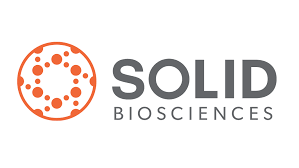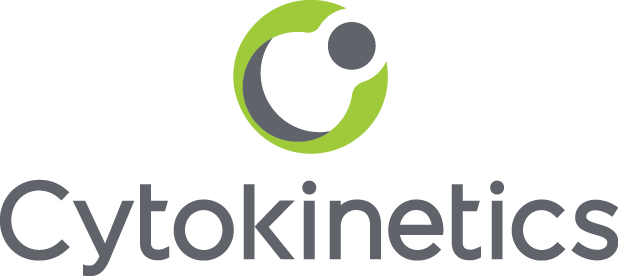MEDICATIONS
The purpose of your heart medications is (1) to help you live longer, (2) to improve your heart muscle function and reduce the stress on your heart, and (3) to help you feel better. The key aspect to helping you feel better is to improve your heart muscle function, and that also is the most important determinant of helping you live longer. In most cases, medications to improve heart muscle function are started at low doses and are increased over time. There are four major categories of medications that are recommended for persons with DCM and reduced ejection fraction. Medications from these four categories have been well studied and are proven to improve survival in this population.
ACE Inhibitors/ARBs/ARNIs: Angiotensin-converting enzyme inhibitor (ACEI), angiotensin blockers (ARBs), and angiotensin receptor-neprilysin inhibitors (ARNIs) are a group of medications that block the hormone angiotensin. They represent one important category of indicated heart medications that help your heart muscle get stronger. They also widen, or dilate, your blood vessels. That increases the amount of blood your heart pumps and lowers blood pressure. They also improve blood flow, which helps to lower your heart’s workload. ARNIs are a combination of an ARB and a drug called Sacubitril which prevents the breakdown of an important and helpful hormone that combats the symptoms and effects of congestive heart failure. ACEI, ARBs, and ARNIs help improve heart muscle function and improve survival.
Beta blockers: Beta blockers, also known as beta-adrenergic blocking agents, are medications that improve your heart muscle function, sometimes to normal or near normal levels. They work by blocking the effects of the hormone epinephrine, also known as adrenaline, which is harmful to the heart at sustained high levels, as found in persons with DCM and reduced ejection fraction. Beta blockers may also tend to reduce your blood pressure, which if elevated, is another beneficial effect.
MRAs: Aldosterone antagonists or mineralocorticoids receptor antagonists (MRAs) show consistent improvements in survival, HF hospitalizations, and sudden cardiac death (SCD) in persons with DCM who have a reduced ejection fraction. Close monitoring of kidney function and potassium levels is required for persons taking MRAs.
SGLT2 inhibitors: Sodium-glucose cotransporter 2 (SGLT2) inhibitors are the fourth category of medications that provide benefit to people with DCM and reduced ejection fraction of 40% or less. They reduce the risk of hospitalization for heart failure and cardiovascular death.
ADJUSTING TO A NEW MEDICATION
Your DCM did not begin immediately, but took some time to develop, and medications to treat DCM usually take time to work.
Your doctor may change your medications or the amount of current medications for several reasons. As noted above, new medications may be started at very low doses and the dose may need to be increased over time. Other reasons include the effectiveness of the medication, a change in your condition, or in some cases the cost of the medication. As each patient is unique, the reasons for changing medications are usually specific to the individual, so you must ask your doctor why there is a change in your medication.
MEDICATION SIDE EFFECTS
All medications have side effects. Some you may experience, some perhaps not. So, when beginning or changing the dose of a current medication, you may feel side effects. In every case, any concerns about the medication or the side effects of medications should be discussed with your doctor.
Every medication has side effects. YOU must read the labels on the medication. Labels are provided on each medication for YOUR benefit. Ask your doctor what to look for, and when to call him/her or their office when side effects become pronounced.








